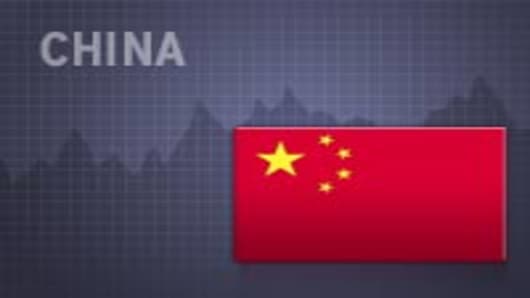But growth in the first five months of the year was 16.3 percent, down from 18.1 percent in the same period in 2007.
"The biggest reason for the deceleration in industrial output is the export slowdown," said Jiang Chao, an analyst with Guotai Junan Securities in Shanghai. "If China's exports continue to ease, the trend for industrial production is clear -- there will be further slowdown," he said.
Trade figures last week showed that while China's exports have held up well in the face of a sluggish U.S. economy, they are no longer expanding at the torrid rate of the past few years.
Complicating the interpretation of the industrial output data were changes to the Chinese schedule of public holidays, which gave May three extra working days. Controlling for these additional hours on the factory floor, activity was actually a touch slower than first meets the eye, economists noted.
The statistics bureau referred to the calendar quirks, saying pure comparisons with last year were difficult.
What was much clearer was the longer-term picture of the robust Chinese economy shifting down a gear under Beijing's guidance.
"The softer industrial production growth may have reflected the effects of tightening measures adopted so far, in particular the credit tightening since last October," Goldman Sachs economists Yu Song and Hong Liang said in a note to clients.
Central Bank's Dilemma
Concerned about inflation, which has been running near decade highs for the past half year, authorities have imposed strict limits on commercial lending and tied up more money by raising banks' reserve requirements to record levels.
China, like other countries, faces a delicate balancing act, as it judges whether to keep its foot on the brake and ensure inflation does not flare higher, or to ease the pressure on factories if the world economy slows much more.
The May 12 earthquake that rocked Sichuan had little impact on the national output figures, as the corner of the southwestern province hit hardest was remote and accounted for about 1 percent of gross domestic production.
China has thrown itself into the rebuilding efforts with fervor, something which the central bank has encouraged while also cautioning that tightening measures should not be cast aside.
"In the second half, China's industrial output will rebound," Tang Jianwei, an analyst at the Bank of Communications in Shanghai, said. "Reconstruction after the disasters we've had will boost investment and thus industrial production."


